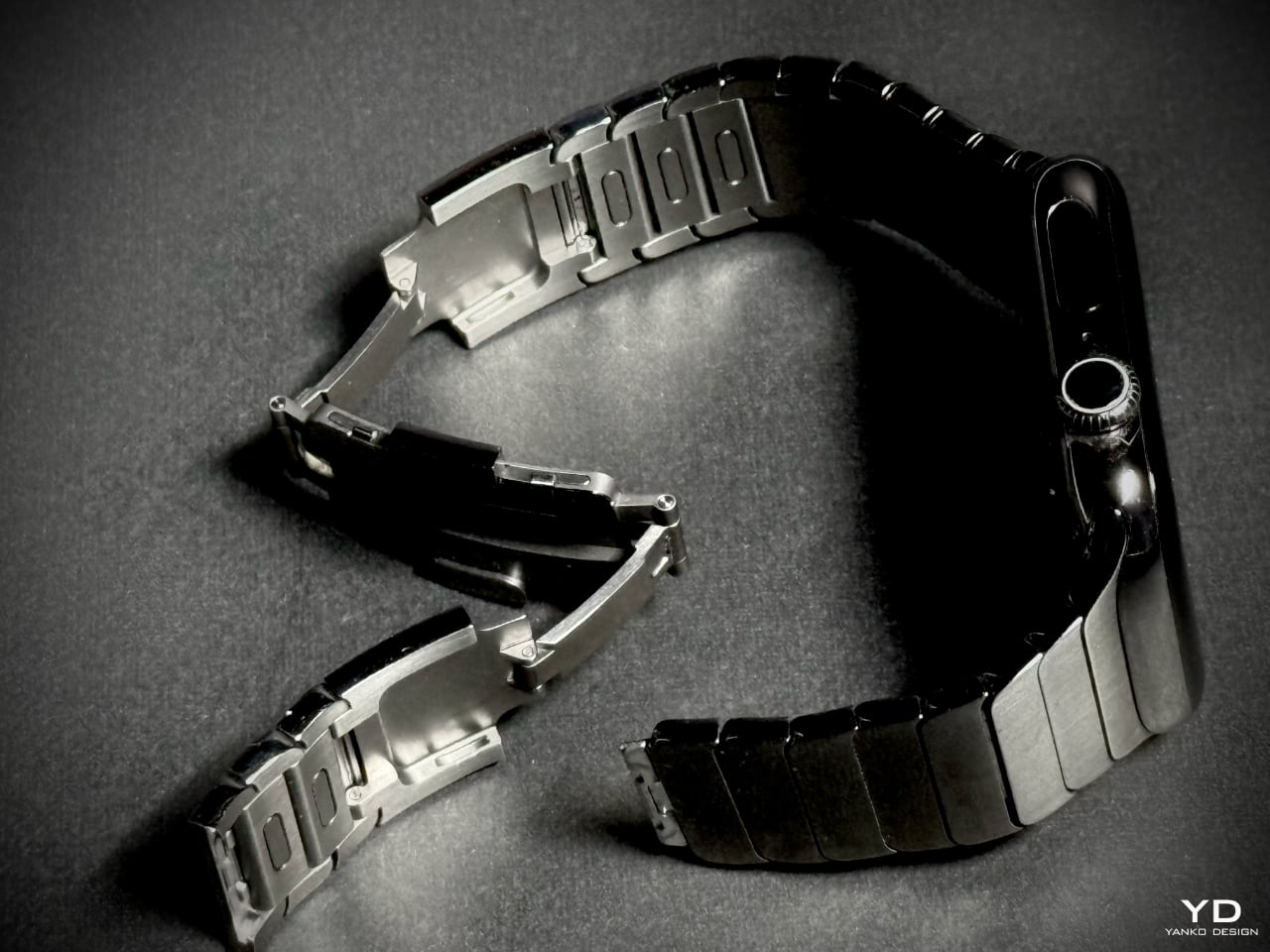
Article content If you’ve decided on a used car for your next vehicle, you’re almost ready to start looking through listings. But first, it’s important to understand that where you buy a used car makes a difference in how the transaction unfolds. You may choose to buy a used car from an established dealership, or you can buy one from a private seller.
Both scenarios come with advantages and disadvantages. In this article, we’ll walk you through your options and help you decide what works for you as the best place to buy used cars. Regardless of where you buy a used car, you should take some important steps to protect yourself.

Always ask the seller to provide service records, and order a vehicle history report such as CARFAX so you can verify its background independently. You can also use a CARFAX report, or a used vehicle information package (UVIP) in Ontario, to check whether there are any outstanding liens on the vehicle. Be sure to take the car for a thorough test drive.
And always take the car to a trusted mechanic for an independent inspection before purchase . Go back to Section 3: How much should I spend on a new car? Are dealers the best place to buy used cars? A car dealership is a business that’s licensed to sell new and/or used vehicles. Here are some reasons you may or may not want to buy a used car from a dealership.
Car dealers are regulated. Car dealerships must be registered as businesses wherever they operate in Canada. This means they’re bound by Canadian consumer protection laws.
In B.C., Alberta, and Ontario, this protection goes a step further since car dealers must also be registered with the provincial regulatory bodies for vehicle sellers.
This means dealers have a set of rules they’re required to follow such as fully disclosing the vehicle price including fees, providing a vehicle’s full history and condition, and being honest about any repairs made to the vehicle. If a dealer fails to follow these rules, you can contact the regulator or agency in your province or territory for help. Here’s a list of who to call if a dealer doesn’t follow the rules .
Used cars sold by dealers are more likely to be in good condition. Since dealers are required to be honest about the condition of the cars they sell, they’re more likely to inspect them and make necessary repairs while preparing them for sale. It’s still a good idea to have the car inspected independently before a purchase for added peace of mind.
(If you’re buying a certified pre-owned (CPO) vehicle, it comes with additional guarantees and you can skip this step. What’s a CPO vehicle? Dealers offer more flexible payment options. Dealers can offer you a wider variety of financial products than you can access on your own.
This may include leasing or financing through the automaker’s in-house finance division. These options may offer better interest rates than you could get otherwise. And since the dealer takes care of moving the money around, the process is much easier and more secure for you.
You can use your current vehicle as a trade-in. If you sell your current vehicle privately, you’d get more money for it than a dealer would give you on a trade-in. However, you’d then need to manage that time-intensive process on your own.
On the other hand, if you use a car you currently own as a trade-in, you’ll get less money for it but the selling process is significantly easier. Plus, the full value of your trade-in is applied to the purchase of your next vehicle before sales taxes are calculated, which can save you enough money to make the trade-in a solid value. On the other hand, if you’ve researched your car’s value and the dealer offers you far less, you may prefer to sell your car yourself so you’ll have a higher down payment for your next purchase.
Dealers make the used car buying process easier. When you buy a used car through a dealer, you’ll have help with checking the car’s background, arranging financing, and registering the car once it’s purchased. This can save you a lot of time and hassle.
You may receive incentives. Dealers will sometimes be able to sweeten the deal on a used car purchase. You may be able to secure an additional short-term warranty period.
(Note that short-term warranties on used vehicles sold by dealers are mandatory in some parts of Canada.) Some dealers may allow you to exchange the vehicle for another one on their lot within a few days if you’re not satisfied. Since there are no cooling-off periods in most of Canada, this exchange policy must be agreed to and arranged in advance.
You may also be offered items such as new tires or floor mats. Private sellers are largely unable to offer these benefits. You’ll likely pay more.
Used car prices tend to be higher at dealerships. They collect additional fees and have operating expenses to cover. In some parts of Canada, you’ll also pay higher sales taxes at a dealership than you would in a private sale.
(You’ll find more information on that below.) Dealerships are also more familiar with the market value of used vehicles than the average private seller. In short, you’re less likely to end up scoring a great deal at a dealership than when buying privately.
Some dealers don’t follow the rules. While car dealers are regulated businesses, some of them try to skirt the rules in the name of profits. Always research a dealership beforehand by reading online reviews.
(And look through these with a critical eye: some dealers are so unscrupulous they’ll pay to have their Google profiles flooded with fake glowing five-star reviews.) If you get into a purchase process and realize you’re not being treated fairly, contact your provincial or territorial regulator as linked above. And if you suspect the entity you’re dealing with may not be a registered dealership at all, take a look at the section on curbsiders below.
Should you buy a car from a private seller? A private seller is anyone who is selling a car they personally own but is not in the business of selling cars. Just like dealers, buying from private sellers comes with upsides and downsides. There’s more room to negotiate a lower price.
Private sellers research the values of their cars before putting them on the market, but they’re more likely to be willing to negotiate. Perhaps they need a quick sale to put money down on a new car purchase. Maybe the car has been on the market for a while and isn’t getting as much interest as they’d hoped.
Private sellers usually won’t wait as long as a dealer to move a car. You’re more likely to be able to negotiate a better price and get a good deal as a result. Your taxes and fees will be lower.
Private sellers don’t have fees to charge like dealers do, so you’ll save some money there. You also may pay less sales tax by buying privately. In Quebec, for example, buying a used vehicle at a dealership means you pay both the 5% federal Goods and Services Tax (GST) and the 9.
975% Quebec Sales Tax (QST). But if you purchase from a private seller, you pay the QST only. However, the taxes paid on a vehicle sale in Ontario are the same in both scenarios.
It’s important to understand how this works in your province or territory so you can make an informed decision. Take a look at our guide to sales taxes of used vehicle sales in Canada . You have little to no recourse.
If any aspect of the process goes badly in a private sale, there’s little you can do about it. If the seller fails to disclose a defect, for example, or the car breaks down within days of your purchase, you don’t have access to the same protections as you would if you had purchased from a dealership. Once a private deal is signed and completed, engaging a lawyer is really your only option.
Your payment options are less flexible. A private seller expects to be paid in full right away. This means you’ll either need to buy the car outright or be approved for financing with a bank or other lender.
The financial products and interest rates available to you may not be as favourable as what you’d get from a dealer. You’re on your own with the purchase process. When you go the route of a private sale, you’ll need to take on many of the tasks a dealer would do for you.
It’s up to you to order vehicle history reports and review service records. (This documentation may also not be as thorough in a private sale.) You’ll need to take care of transferring the funds, registering the car, and paying any applicable sales taxes.
It’s a lot more work, which means you’ll need to invest more time. As you consider the best place to buy used cars, there’s one more type of seller you need to be on the lookout for and avoid at all costs. What is a curbsider? Curbsiders fraudulently misrepresent themselves and/or the cars they’re selling.
They may scam buyers by doing things like rolling back odometers to make cars look newer or selling stolen, written off, or flood damaged vehicles. Ultimately, curbsiders make money by selling cars they shouldn’t, and it’s the buyers who pay the price. Any or all of these red flags can indicate that the person selling you a car is a curbsider.
If they’re caught, curbsiders face serious penalties. But that doesn’t help once you’ve already bought a car from one since there’s little you can do once the deal is done. Be vigilant and watch for these signs as you interact with vehicle sellers.
You think you’re dealing with a private seller, but it turns out to be a business. Let’s say you’ve been dealing with someone under the premise of a private sale. If you arrange a test drive and arrive to a business location with multiple cars parked out front, that’s a massive red flag.
The business you’re dealing with is not registered with the provincial regulator. If you’re buying a car in Ontario, B.C.
, or Alberta, then your provincial motor vehicle sales regulator — OMVIC, VSABC, and AMVIC, respectively — can confirm whether the business you’re dealing with is registered as a licensed dealer. Any business selling cars in these provinces that is not registered is doing so illegally and meets the definition of a curbsider. The information you’re given doesn’t match.
Only a vehicle’s registered owner can sell it privately. If the name the seller gave you doesn’t match the ownership records, that person could be a curbsider. Any other discrepancies between the car’s documentation and the information you were given such as way-off odometer readings or differences in the vehicle’s condition should also raise immediate suspicion.
The seller refuses to provide a vehicle history report or cooperate with getting an inspection. A seller with nothing to hide will expect you to request documentation and an independent vehicle inspection. If you get any pushback on these points, take it as a significant red flag.
The deal is too good to be true. The key takeaway is this: if a used car you’re considering seems too good to be true, it probably is. Cars only deviate in value so much.
If anything raises your suspicions or if you feel pressured into making a purchase you don’t feel confident about, be prepared to walk away. There are plenty of cars out there, and getting stuck in a bad deal isn’t worth the hassle. You may encounter any or all of these seller types when shopping for a used car.
By using this information as you go into the purchase process, you can narrow down your search to engage with the types of sellers that will work best for you and your situation. Continue to Section 5: Car financing vs leasing and how to shop for cheap rates Sign up for our newsletter Blind-Spot Monitor and follow our social channels on X , Tiktok and LinkedIn to stay up to date on the latest automotive news, reviews, car culture, and vehicle shopping advice..















